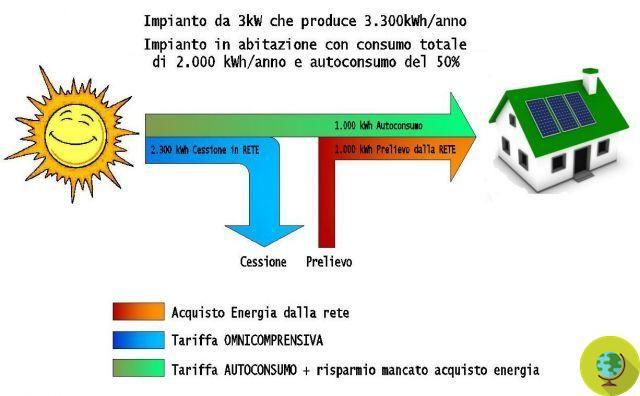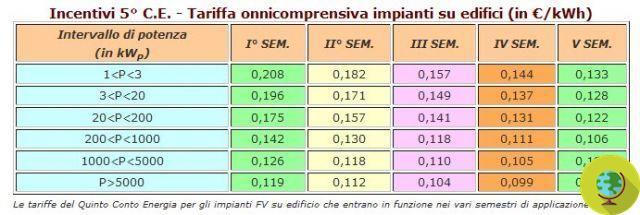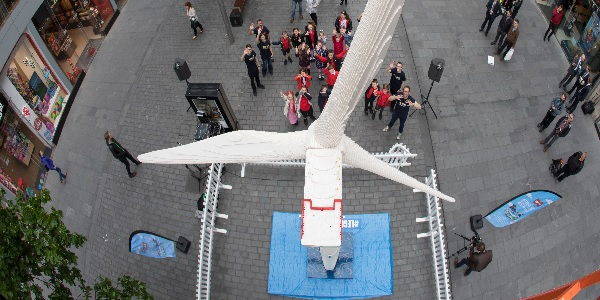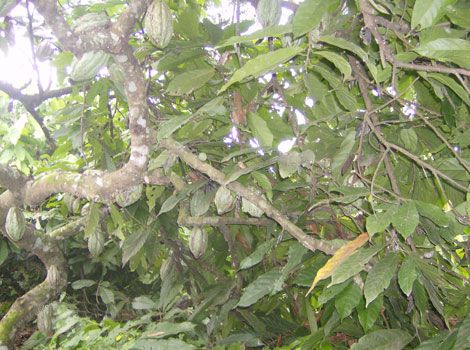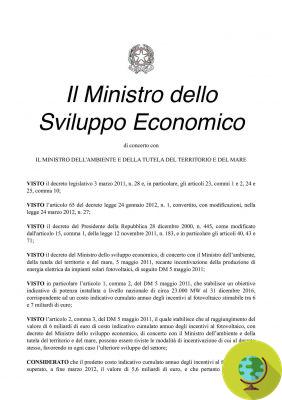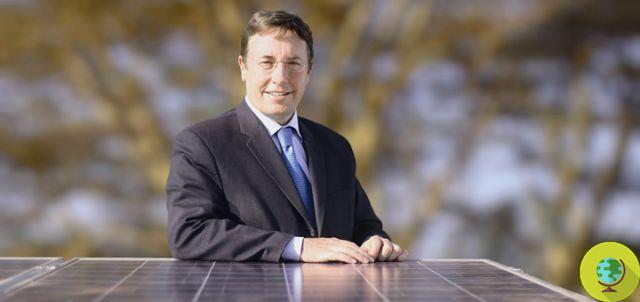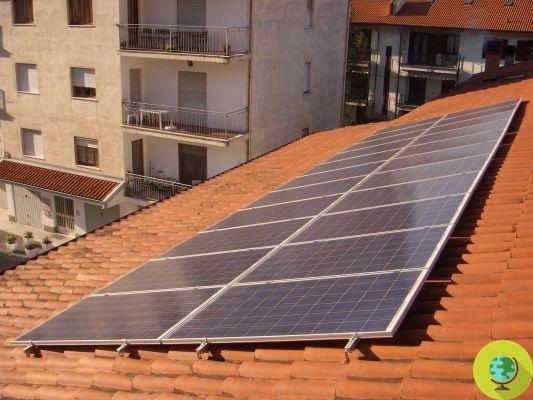In parallel to the official meeting, the Cumbre de los pueblos on climate change was held from 13 to 22 June. Here, gathered in the Parque do Flamenco in Rio, in a riot of colors, hundreds of organizations met to strengthen the mobilization in favor of social and environmental justice, against the commodification of life and the defense of common goods.
He is about to end up run over, his mother saves him
Twenty years after the Rio Summit of 1992 and in particular twenty years after the spread ofAgenda 21, an expression of the international commitment to policies for one Sustainable Development, a second UN summit on the same theme, with less clear objectives and reduced ambitions, took place in Rio last week: Rio + 20.
In parallel to the official meeting, the Cumbre de los pueblos on climate change was held from 13 to 22 June. Here, gathered in Flamenco Park in Rio, in a riot of colors, hundreds of organizations met to strengthen the mobilization in favor of social and environmental justice, against the commodification of life and the defense of common goods.
Representatives of different organizations, ranging from those who fight for the rights of indigenous peoples, to feminist organizations, from the Via Campesina, to the movement of No land in Brazil, up movement for the right to water, met to disseminate, exchange opinions and try, albeit with many difficulties, to implement proposals for a change in policies in favor of the protection of the earth's resources.
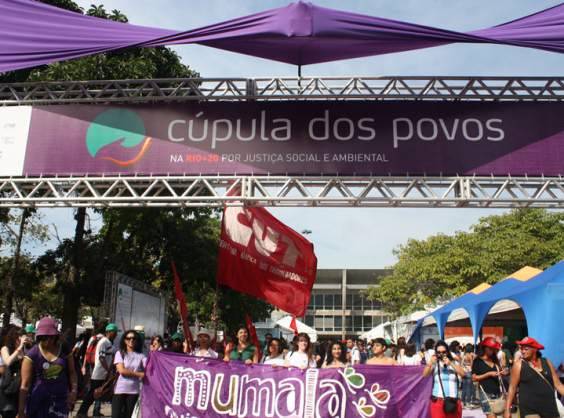
Leading the Cumbre was there criticism of the concept of the green economy, one of the central themes promoted in the official Rio + 20 summit. The green economy was presented at the official summit as a strategic formula to deal with the planet's economic and environmental crisis, as a solution to global warming, the reduction of biodiversity and capable of defeating poverty. The process of the green economy, elaborated in the text "New Global Green Agreement"(Global Green New Deal) of 2008 and disseminated by the United Nations Climate Change Program (PNUMA), yes tinged with contradiction, almost to come into conflict with the paradigm of sustainable development. During the counter-summit, civil society underlined and reiterated its point no such formula and a pseudo-solution to the global environmental crisis by proclaiming the opposition to the commodification and monetization of nature.
For the civil society organizations present at the cumbre, the topic of the "green economy" risks promote contradictory policies that go not so much to the benefit of environmental and local protection as to large companies. The contrast between the Rio 92 discourse based on the concept of sustainable development and that of the green economy was also reiterated. The fear strongly expressed by civil society is l'' subjecting the socio-environmental issue to the logic of the market. On several occasions, calls have been made for institutions at the local and national level to apply mitigacion policies not so much to address the degradation of resources but rather political responses that in this crisis of the environment and the economic system are able to include in the target agenda with objectives clear and specific for the fight against climate change.
The need for promote alternative formulas for combating the impact of climate change and reduce the violation of human rights. Strongly no was said to the deforestation especially of the Amazon forest, to the mining activity in the countries of Latin America. These activities, as reported by the president of CAOI (Andean coordination of indigenous organizations) Miguel Palacín Quispe cause destruction, contamination, social division and corruption. Furthermore it has been said no to the privatization of water and the spread of monocultures that reduce biodiversity. On several occasions, greater democracy, greater governance and social inclusion and a stop to experimentation with practices that commodify the planet's resources have been requested.
As well as reiterated Vandana Shiva : ”It is necessary to stop those practices that reduce biodiversity and the processes that contribute to climate change, now! Humanity cannot wait for mitigating interventions in the future. We need to think about the cost of climate change globally. In fact, this process has a high social cost as it is the result of economic policies and systems that cause social injustice and poverty. The green economy is not the formula and it is not the solution. Green is the color of nature not of money "
The challenge is that syou rethink the dominant concept of the green economy by learning from local and real practices, which promote alternative development formulas. The approach promoted in the cumbre, albeit in a not totally homogeneous way, is to reformulate the paradigm of development through: social justice, change in the form of consumption by supporting alternative formulas of production and promotion of the solidarity economy.
Such practices can be the guide for a new relationship with the earth, with nature, with what the natives of the Andes call Pachamama in a formula for which nature is not an object but a living subject with which man interacts. This relationship with the earth becomes key to the "well live"As he defined it Leonard Boff . Bien vivir, must be understood as a civilizing paradigm which is not only as vivir bien, or synonymous with being satisfied, but a formula that promotes a more communal democracy, the same implemented by indigenous peoples, in which the economy is not the heart of existence but an instrument for life and in which the earth and its resources remain at the center.
This is therefore the challenge launched a few days ago in Rio by the civil society network for the fight against climate change: inclusion in the political agenda of the issue with concrete objectives and solutions, rethinking man's relationship with the earth to promote alternative solutions.
It is questionable whether these principles tthey will overwhelm a gateway to the agenda of the institutions, if the social movement will be able to be the engine of a real awareness of the protection of the earth. Will the good practices of such movements be the engine for tomorrow's change? The challenge will be played in the following months.
Letizia Arneodo







